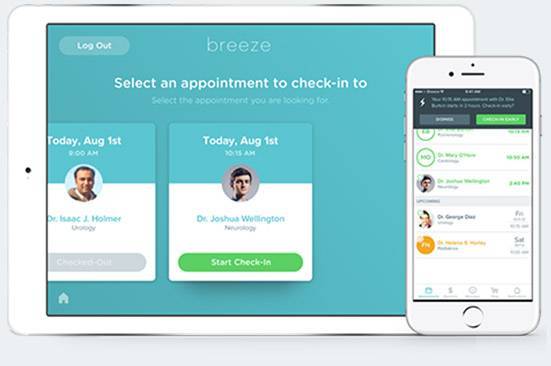Clinical documentation improvement (CDI) is a job involving the review of medical record documentation to ensure it’s complete and correct. CDI comprises a check of the disease process, diagnostic findings, and what could be absent in the documents. A CDI expert possesses experience in both the clinical field and the medical coding area.
Purpose of a CDI Program:
A clinical documentation improvement program is a planned and set up process aiming to attain precise and detailed medical record documentation. The utilization of EHR systems has diminished the work of providers and hospitals in handling administrative tasks related to patient care and claim submission.
Impact of a CDI Program in the Inpatient Setting
Clinical Documentation Improvement (CDI) can help with the coding and billing process for inpatient facilities, leading to more precise reimbursement. However, the financial effects of a CDI program for the inpatient setting are not only seen in the initial payment of claims. Claims that are wrongly submitted because of bad documentation could lead to an unfavorable audit where facilities might have to pay the penalty or return funds they received from payers by mistake. As a result, CDI can be seen in two areas regarding claims handling at healthcare places. First is the rise in initial compensation correctness, and second is the prevention of costly outcomes from authorities’ reviews.
How Clinical Documentation Improvement (CDI) Can Improve Patient Care?
The financial impact is just one part of an inpatient CDI program. The benefit to overall patient well-being, especially by improving records for each patient, also plays a significant role. Weak documentation can affect how a healthcare facility provides care to its patients because it influences continuity and quality of care. Looking at the document together with other providers involved in taking care of the patient, such as doctors and medical teams, helps improve communication among all those giving services to patients quickly, which may lessen the duration they stay inside the hospital.
Additionally, a CDI program could support cutting back unnecessary readmissions by enhancing communication and care harmony among patients plus their caregivers during discharge, payers have recognized these advantages and developed programs to encourage them. An example is the Hospital Readmissions Reduction Program (HRRP), a value-based purchasing program that lowers payments to hospitals with too many repeat hospitalizations. Working with HRRP, CMS evaluates various healthcare actions impacting patients’ health.
Impact of a Clinical Documentation Improvement (CDI) Program in the Outpatient Setting
A CDI program in the outpatient setting might not have the same financial effect as an inpatient program, but it’s equally crucial for provider offices. Like hospitals, they depend on these places’ revenue cycle to pay expenses and salaries. When there are claim denials or changes due to incorrect code submission, it can disturb getting paid on time for services provided. The main focus of a CDI plan for doctors in an office or outpatient setting is to stop these repudiations and changes while ensuring that mentation is full for clinical reasons.
Patient Record Quality is Enhanced:
Patient problem diagnosis and giving correct care are the main goals clinicians encounter in running the practice. Clinical documentation can be seen as a whole language. They must speak correctly and in the right way because it affects how others understand what they write or type down. Those who follow the language are network administration, healthcare providers, patients, and care pathway navigators. When CDI is improved, it becomes easier for patients to get the care they need from other places in their health journey. This brings good results for the practice because when communication with patients is smooth and clear, there are fewer chances that they will be lost or not understood correctly.
Proper Reimbursement With Proper CDI
No matter how big or small the industry is, all businesses need a good amount of revenue, and having the right CDI makes it possible. In the same way, correct clinical documentation leads to accurate coding and payment by service payers.
Conclusion
Clinical Documentation Improvement (CDI) programs are crucial for accurate record-keeping in medical history. This is necessary for places where patients stay for treatment and those where they visit for a short time, such as clinics or other outpatient healthcare settings. CDI programs help improve the precision of coding and billing, ensuring that it is done correctly so that no incorrect payments are made.




